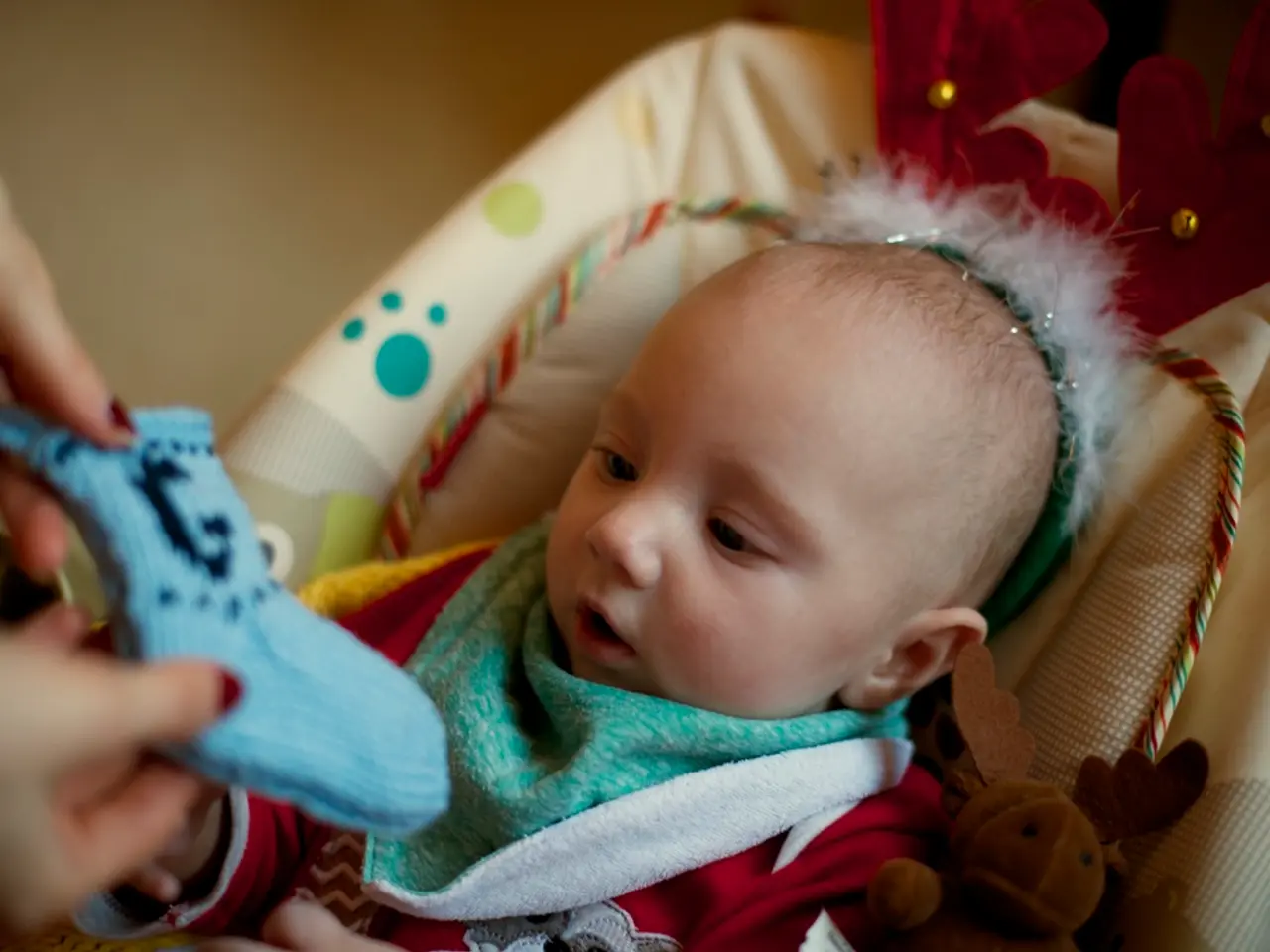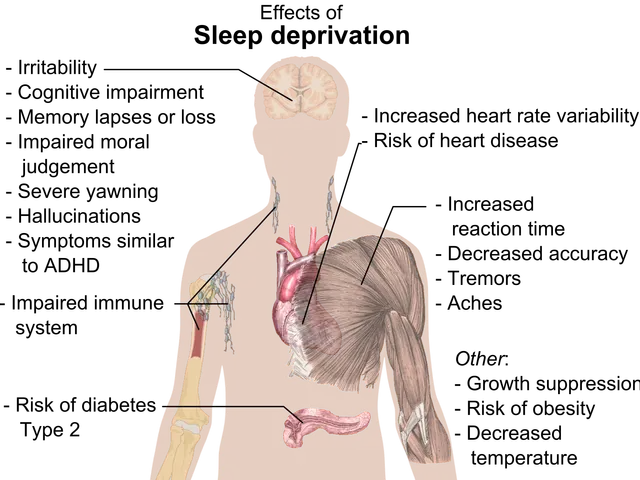Newborn Development for premature infants: Setting Healthy Expectations
Navigating the Journey of Premature Baby Development
Premature babies, also known as preemies, are infants born before the 37th week of gestation. Understanding their unique developmental journey is essential for parents and caregivers, as preemies often progress at a different pace than full-term babies, reaching certain milestones later.
Regular check-ups, consultations with pediatricians, and engagement with specialists ensure a comprehensive approach to preemie development. These medical professionals provide valuable insights, guidance, and support, creating a network of care that fosters optimal growth.
Preemies may face various challenges, including feeding difficulties, respiratory issues, and delays in speech or motor skills. Feeding challenges can be addressed through the use of feeding tubes or special bottles. Understanding the developmental milestones of a preemie is crucial for providing the best care and support during their first year.
Resilience plays a significant role in a preemie's ability to overcome challenges and adapt to their environment. Each preemie is unique, and their individual differences should be celebrated rather than seen as setbacks.
One of the most common developmental delays in preemies is a delay in reaching motor skills milestones. Early intervention programs are crucial for addressing these delays. These programs focus on enhancing motor skills, communication, and cognitive abilities in preemies.
Preemies may also face long-term health complications compared to full-term babies. The nervous system of preterm babies is not fully developed, making them more susceptible to neurological issues. Conditions such as periventricular leukomalacia (PVL) can impair motor skills, speech, learning, and social-emotional development.
If parents or caregivers have concerns about their preemie's development, it's essential to seek professional advice promptly. The collaborative effort between parents and healthcare professionals is vital for preemie development.
It's important to recognize that a preemie's chronological age may not always reflect their developmental age. Common developmental milestones for premature babies include gaining weight steadily, beginning to hold their head up briefly during tummy time, focusing on nearby objects, recognizing sounds and voices, and displaying newborn reflexes such as rooting and sucking.
Because preemie development is variable, pediatricians often monitor growth and milestone attainment closely. Regular monitoring and tailored support help optimize progress. The quality and intensity of early intervention and rehabilitation programs tailored to the child’s individual medical and developmental needs also play a significant role in a preemie's development.
In summary, the journey of navigating a preemie's first year is unique and shaped by various factors. Regular check-ups, a supportive network of care, and early intervention services are essential for addressing potential challenges and ensuring the best possible outcomes for preemies.
- Recognizing that a preemie's development may progress at a different pace, it's crucial for parents to understand the unique developmental journey of their infant, reachable through regular check-ups and consultations with pediatricians and specialists.
- Understanding that preterm infants might face feeding difficulties, parents can seek solutions such as using feeding tubes or special bottles to support the nutritional needs of their preemie.
- As each preemie is unique, it's vital to celebrate their individual differences instead of viewing them as setbacks, fostering a mindset of resilience in the baby.
- Early intervention programs play a significant role in addressing developmental delays in preemies, focusing on enhancing motor skills, communication, and cognitive abilities.
- Preemies may face long-term health complications, making them more susceptible to neurological issues like periventricular leukomalacia (PVL), which can impact motor skills, speech, learning, and social-emotional development.
- If parents or caregivers have concerns about their preemie's development, seeking professional advice promptly is essential to ensure the best possible outcomes for the baby.
- The collaborative effort between parents and healthcare professionals is vital during a preemie's development, as personalized support helps optimize progress.
- Preemies' milestones do not always align with their chronological age, with common milestones including steady weight gain, brief head control, focusing on objects, recognizing sounds, and displaying newborn reflexes.
- Monitoring growth and milestone attainment closely, pediatricians create personalized programs to address individual medical and developmental needs, supporting the health, emotional development, and learning of preemies, thereby ensuring the best possible outcomes for their future.





